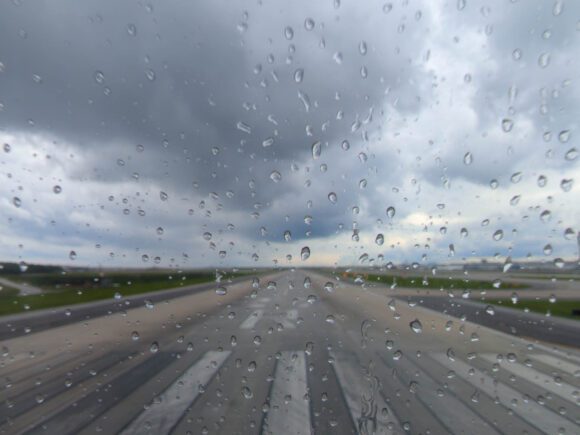
1280px Flag of Nigeria.svg
The long-awaited national carrier for Nigeria could see the light of day as the government has set April 2022 for the take-off of the long-anticipated airline, Nigerian Air. The country’s Minister of Aviation Minister, Hadi Sirika made the disclosure on November 24 after the week’s Federal Executive Council (FEC) meeting presided over by President Muhammadu Buhari, at the Presidential Villa, Abuja.
The Minister stated that government would hold a five percent stake, Nigerian entrepreneurs holding 46 percent while the remaining 49 percent will be reserved for yet to be assigned strategic equity partners, including foreign investors. Sirika further noted that the national carrier, when operational, will create about 70.000 jobs for Nigerians.
Sirika was cleared to begin the processes for the establishment of a private sector-driven national carrier which paces gathered momentum early last year, six years after the idea was drawn up. The entire cost of the projects for the revival of the aviation sector including the establishment of a private sector-driven national carrier would gulp N27 billion. Last May, the minister said that a preferred partner had been selected.
The entire project had a March 2021 timeline to be supervised by the Ministry of Aviation. The debate for a national carrier for Nigeria will never go away depending on the side or position one takes. It is a position of naysayers and optimists. It would be recalled that Sirika on his verified Twitter handle said in February 2020: “The new approved Aviation Roadmap is on course,” adding, “we had investor conference yesterday as promised.”
Bidders shortlisted
Sirika disclosed that bidders had been shortlisted, stressing that the remaining part of the road, which includes national carrier and Aerospace University, is already running business cases. To show the seriousness of floating a national carrier, there are indications that Nigeria may have picked EgyptAir consortium and Ethiopian Airlines to set up an aviation leasing company as part of the government plan to overhaul the country’s aviation sector.
Sirika recently explained that any airline that will operate at that level must be such that would support the national economy with $450 million GDP for 200 million people and must be equipped to compete favorably. “The international airlines that have dominated Africa, 80 percent of those airlines are non-African. In view of the AU Agenda 2063, the Single African Aviation Market, we thought that there will be an airline that will take up that challenge; that will take advantage of it and be able to provide services to our people.”
Reducing capital flight
Not a few believe that a national airline will encourage the establishment of maintenance, repair, and overhaul (MRO) facilities in Nigeria, which can help block further capital flight and inevitably create jobs. Nigeria’s MRO facilities disappeared since 2012 with the country’s previous national carrier, Air Nigeria, along with the $190 million that came with the facilities.
The third problem of not having a national carrier is the under-utilization of the Bilateral Air Service Agreements (BASA) that the government has signed. These agreements allow international commercial air transport between territories.
Nigeria has signed 78 of these, but they favor other countries, partly due to the lack of national carrier in Nigeria to reciprocate. A national carrier will make it possible for more players to fly competitive routes, which in turn will reduce the exorbitant airfares in Nigeria’s aviation sector.
Guarded plans
The Nigerian government discreetly pursued the project to float a new carrier. This led to the spectacular collapse of the project three years ago in controversial circumstances that left many who had looked forward to it disappointed and looked like a project that was jinxed right from inception. Consequently, the government selected ‘a preferred partner just as it has started talks with the partner as they are at the final stage of Full Business Scale (FBS).
While EgyptAir is partnering with Ghana to set up a low-cost airline and by extension a national airline for Ghana, Qatar Air is investing heavily in RwandAir by investing in their airport and the East African airline. Qatar Air is equally in talks with Air Côte d’Ivoire with plans to make the country a hub for the carrier in West Africa.
Singsong
The sing-song in Africa, for now, is the national carrier. Governments may need to ask if there’s still value to having a national carrier other than patriotism or pride. And they may wonder whether it still makes sense to prop up airlines as more countries open their skies to new entrants and foreign carriers.
The Nigerian government is making its fourth attempt at a national carrier and wants its own national brand with a global reach.
Views: 0



